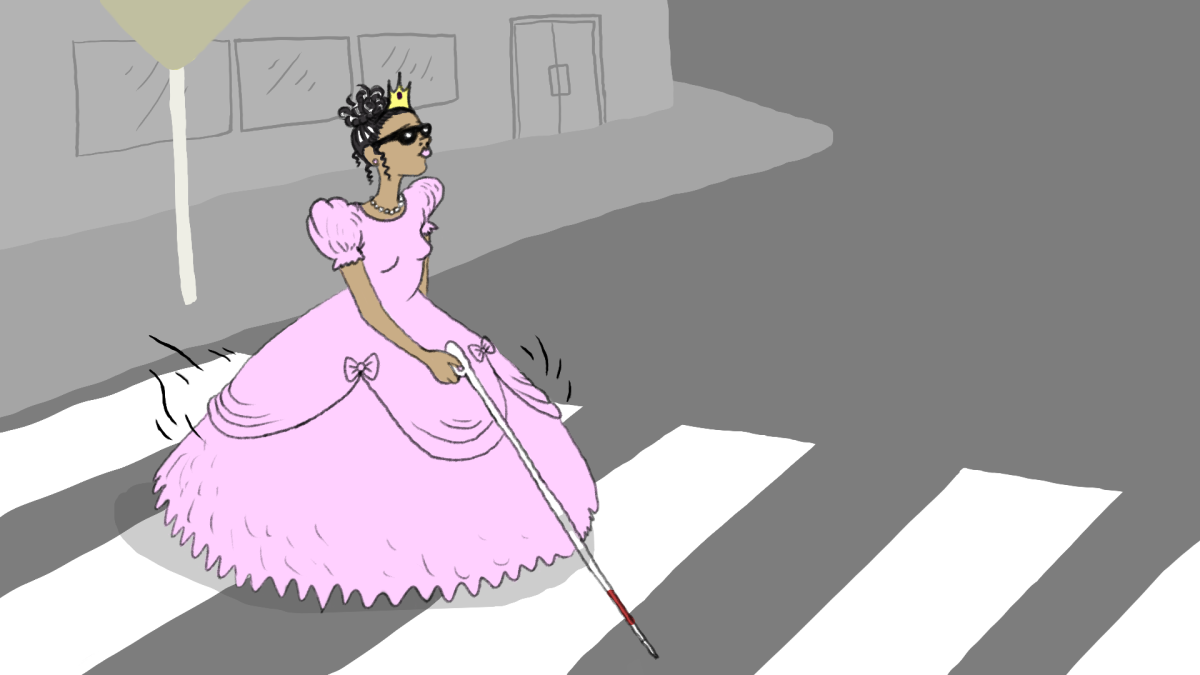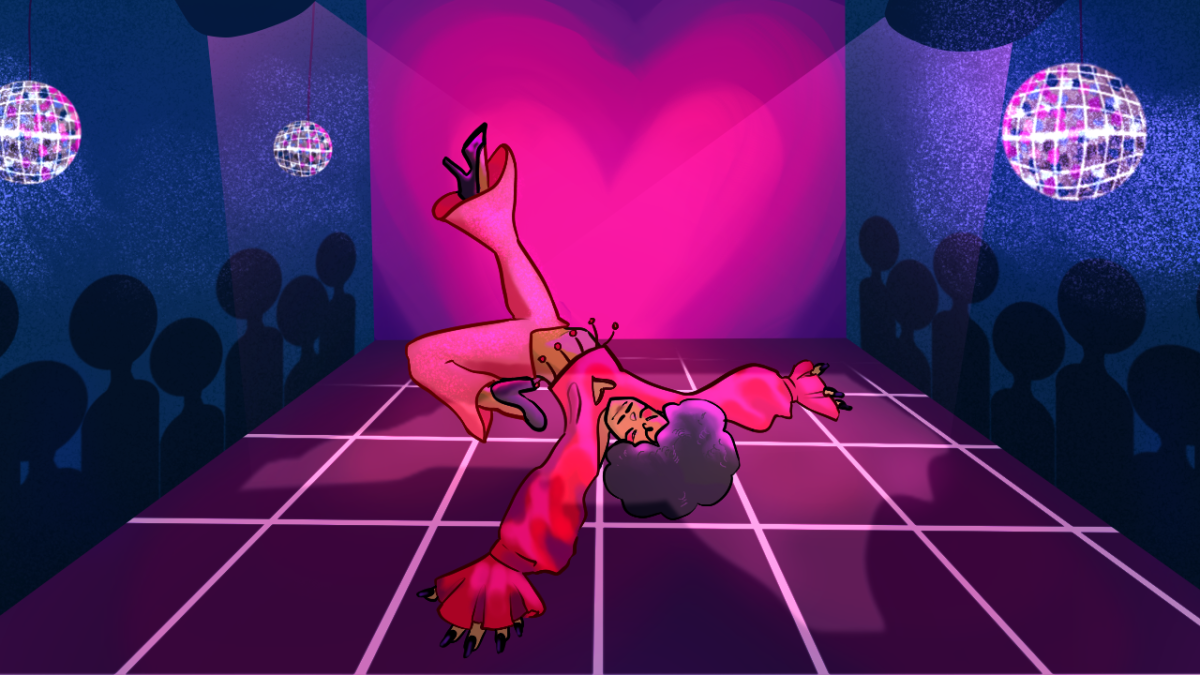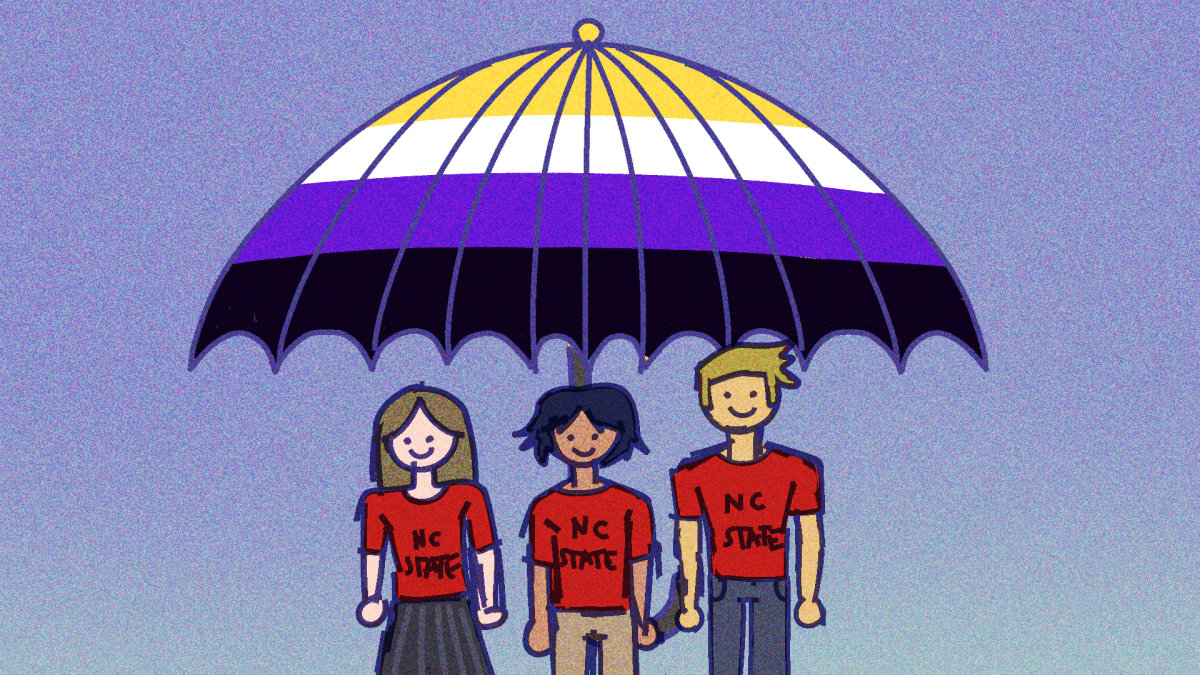This past Friday, Major League Baseball held their annual Jackie Robinson Day, in which the standard festivities of inclusivity in baseball overshadowed the games themselves. Every player donned the number 42, which is retired across the entire league in honor of Robinson’s impact on the sport as a whole and clubs held ceremonies to remember his unquestionable legacy.
Congrats everyone. He did it. Baseball isn’t racist anymore.
This is absolutely not designed to diminish the legacy of Robinson. His inclusion into the game was quite literally game-changing. His ability to maintain a high level of play and positive attitude despite the constant racism that manifested itself around him was unprecedented. Robinson is truly deserving of the praise that he is given not only within Major League Baseball but more generally in American history.
The problem is the notion that people seem to believe that racism is no longer a problem in the national pastime, which is absolutely not the case. Racism is so enshrined in the history of baseball that we are not able to see it in today’s society.
Baseball, even to this day, is a game for the privileged. Everyone and anyone can play basketball, due to the simplistic necessities for playing. All you need is a court, some friends and a ball. Basketball courts are everywhere in most American cities, and anyone can simply go and play a quick pickup game with complete strangers. Football, while not as simple as basketball, can be played within public schools due to the fact that all of the equipment comes directly from the school itself.
If a child wishes to play baseball, there is so much more money involved, and the socioeconomic gap is much more prevalent in deciding who has the ability to make it to the big leagues. The baseball players that make it to the majors own their own bat, glove, batting gloves, cleats and usually play on private travel-teams during the traditional public-schooling offseason. This is almost a necessity for those with aspirations of eventually reaching the highest level of play, but most people turn a blind eye. It’s the typical mantra that revolves around “equality of opportunity” and that the “kids should just work extra hard if they want to make it.”
Let’s call it like it is. It’s inherent in the system, and the system is stacked against people who aren’t white.
Even more enshrined in the system are the cultural standards that have existed within the sport since its inception and the unwillingness of baseball traditionalists to even consider changing these standards. These standards are typically known as the “unwritten rules” of baseball, which include the likes of bat-flips, pitcher stare-downs and generally any type of celebration.
These unwritten rules have begun to be chipped away by players such as Yasiel Puig of the Los Angeles Dodgers, as they bring a new style of play to a game that often brings ridicule and prejudice. In the last several decades, many Latin American players have defected from their home country and signed with American professional teams, thus bringing the culture and style of play from their home country with them. When Puig, a Cuban-born superstar, brings his flair to the game, he becomes the target of often unintentional racism from the baseball traditionalists. When he flips a bat after a home run, people get mad. When he stares at the pitcher after a home-run, he gets plunked the next time he is at the plate. By simply bringing in the staples of baseball that Americans haven’t watched for decades, Puig is made into a target for players and fans alike.
Yes, white baseball players get attacked for this too. Bryce Harper is a prime example, but far less is the criticism for baseball players who aren’t in the minority.
Times are changing in the world, and so should the sport of baseball. Jackie Robinson Day should not be used as a day of remembrance for his legacy but rather for us to recognize that there are still aspects of the sports that are not where they should be in April of 2016.
If baseball is America’s national pastime, then it should strive to be symbolic of what defines us all as Americans — a plethora of cultures and backgrounds, seeking to come together for the common goal of ensuring life, liberty and happiness for all.







